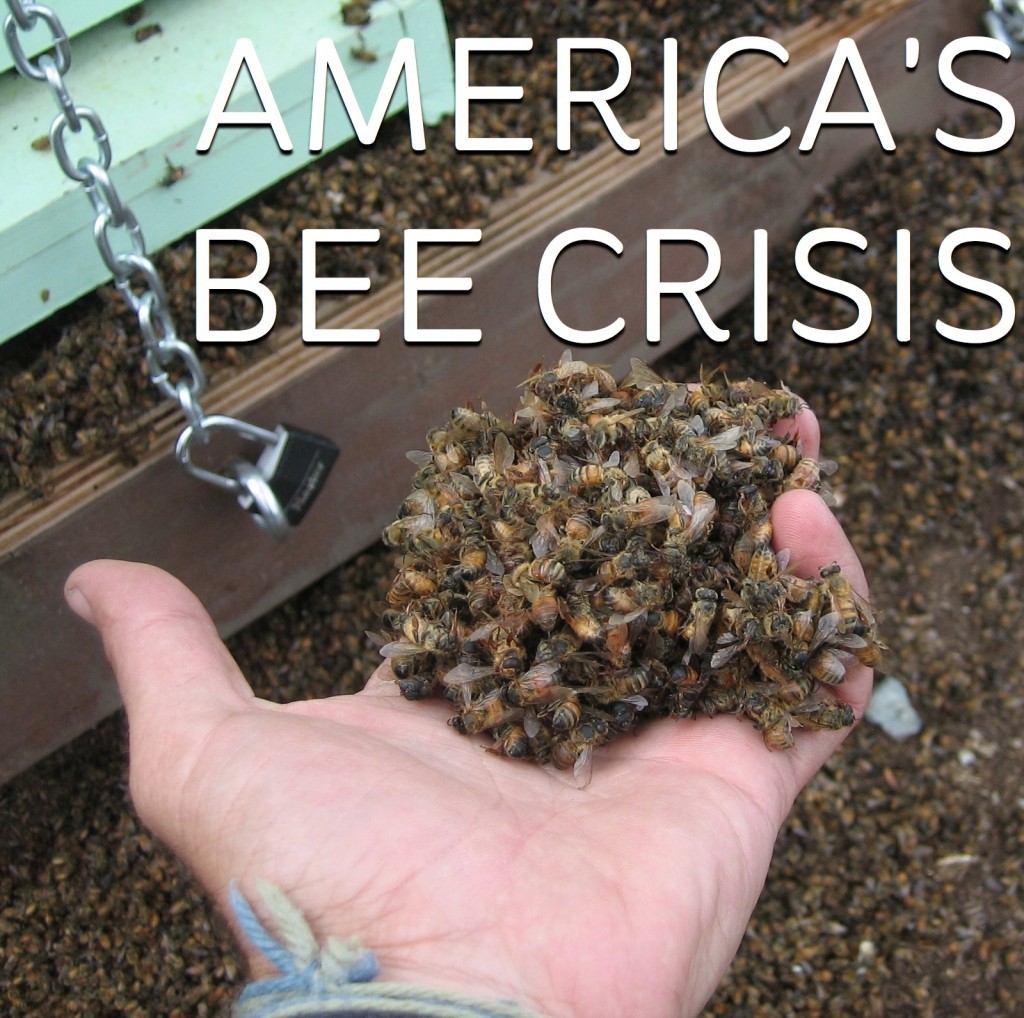A new study published in the Journal of Medical Entomology is the first to report that bed bugs have developed resistance to a class of…

Bee

The tireless work of bees is one of the main reasons for the possibility of human development on earth. Without them, our planet would be…

The Colony Collapse Disorder (CCD) issue you keep hearing about (the phenomenon that is killing our bees and butterflies), well it just got real again with a study…

Before pesticides go from the laboratory to the farm field, they have to first be vetted by the Environmental Protection Agency. But they're commonly mixed—sometimes…

Global warming is putting the squeeze on bumblebees. In the most comprehensive study ever conducted of the impacts of climate change on critical pollinators, scientists…
An important and timely report just released by The Organic Center shows that organic farming practices are effective in maintaining the health and population of…
The link between popular pesticides and declining bee populations has been the subject of controversy and the target of research for some time; but the…

An insect form of Alzheimer's disease caused by aluminum contamination may be one of the causes behind an ongoing decline in populations of bees and…
As the world’s bee population continues to decline, the community of Oslo, Norway is taking action to protect its pollinators. The Oslo Garden Society is…
Biologists at UC San Diego have discovered that a tiny single-celled parasite may have a greater-than expected impact on honey bee colonies, which have been…

Yesterday, the Obama administration released its long awaited National Pollinator Health Strategy, a requirement of a presidential memorandum released last June, which directed federal agencies to establish a…

Want proof that our representatives are likely taking handouts from Syngenta, Bayer, and other Big Ag makers of bee and butterfly killing neonicotinoids? Elected representative Rodney…
